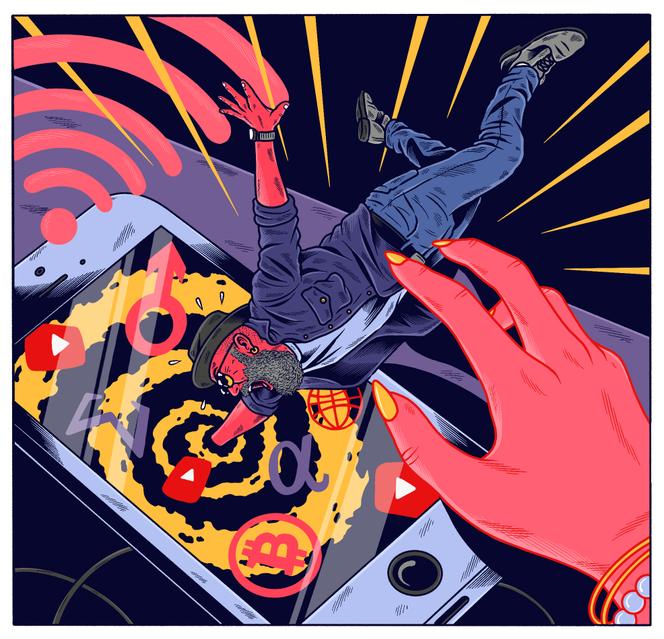


On Tinder, Marc's (name changed) photo was typical, and his bio said little. During the Covid-19 lockdown, Sarah (name changed), a bit bored, swiped right. Like her, Marc, a sales manager, was in his 40s, and, as a bonus, lived just 500 meters from her apartment. Very soon, Marc moved in with Sarah. Between Netflix evenings and shared meals, together with their respective children, the first months spent in close quarters with each other went by smoothly. "Normally, I would never have stopped for him," admitted Sarah, an academic. "But then, I was amused to debate with him; he was very different from me and from the progressive men I know."
Marc was chauvinistic and openly displayed sexist tendencies, but nothing that seemed insurmountable to Sarah. She saw it, rather, as a form of spicy otherness. Despite this, her friends warned her: They found Marc bad-tempered and aggressive when contradicted – and this impression was confirmed. The man Sarah had once considered, with some amusement, as a "boubour" (a portmanteau of "bourgeois" and "bourrin," meaning a "rough bourgeois," a kind of antithesis of the "bobo" or hipster-style "bourgeois bohemian"), soon turned into a domestic tyrant. When Sarah began a promotion tour for her latest book, Marc soon couldn't bear her increasing unavailability, and, as she spoke at more conferences and gave more interviews, he started to envy her social success. "That's when it all went off the rails," she said.
You have 91% of this article left to read. The rest is for subscribers only.
